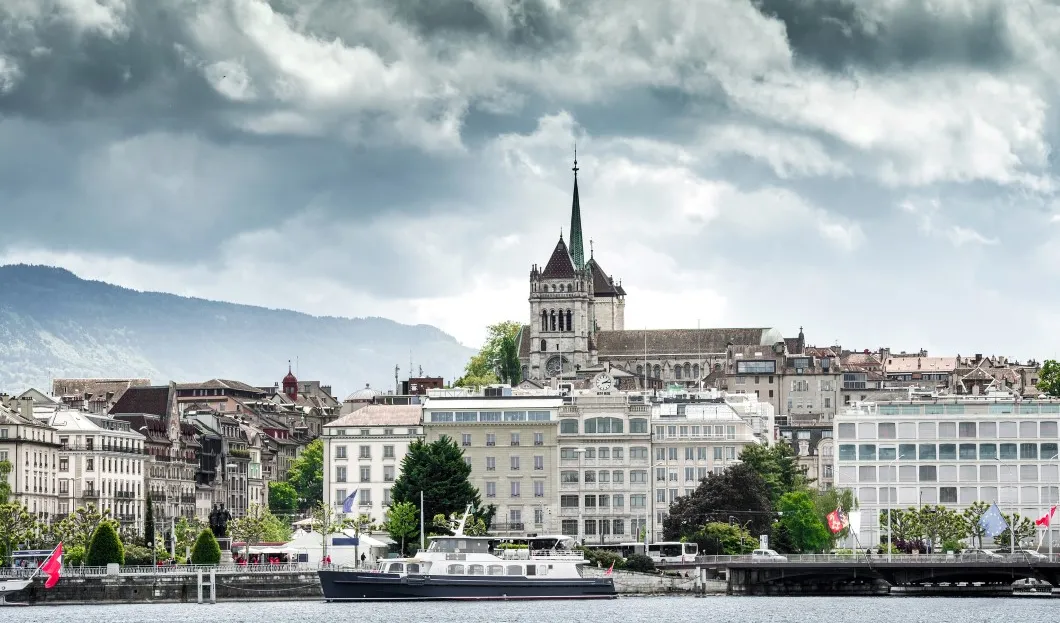
A recent study shows that Swiss cities dropped in the rankings of European tourism destinations in 2016.
As a consequence of the Swiss franc's high value, Swiss cities have lost their appeal for tourists. Both Geneva and Zurich dropped in the 2016 ranking of tourism destinations within Europe conducted by the Basel-based research institute BAK Economics.
The “brutal” appreciation of the franc against the euro after the Swiss National Bank's (SNB) decision in mid-January to abandon its currency ceiling linking the franc to the euro, was not without consequences in terms of urban Swiss tourism last year, BAK Economics explained.
In its ranking “BAK TOPindex”, Geneva fell from 7th place to 9th and Zurich was ejected from the top 10 altogether – moving from 9th to 12th place.
The decline in popularity of the two primary Swiss destinations is even more striking when compared to their ranking in 2010, when Geneva was in 2nd place and Zurich in 5th. BAK Economics attributes this decline to a less vigorous demand for these destinations than for other European cities.
While demand for other European destinations increased by 4.3%, demand for Swiss cities grew at a much more moderate rate of 1.3%. In spite of unfavorable conditions last year, tourism to Swiss urban centers did show some growth, and in so doing, these urban centers proved themselves to be more resilient than Alpine tourist resorts which suffered a 2.3% decline.
Internal Demand
According to the Basel-based researchers, the growth of urban tourism was mainly due to internal demand which generated an increase in overnight stays of 1.8%. The number of overnight stays by foreign visitors only grew by 1% during the same period.
Among the three other Swiss cities included in the sample of tourist destinations selected by BAK Economics – which, for example, does not include Paris, Rome, London or Venice – Lausanne went up in the ranking by two places – going from 15th place to 13th. Bern – the federal capital – dropped from 13th place to 15th, just behind Basel which maintained its ranking.
As in 2007, 2010 and 2015, Barcelona came in first place in the “TOPindex” ranking, followed by Prague, the Czech capital which captured 2nd place from Florence - which dropped down to 3rd. Next in line: the German city of Heidelberg – which went up 4 places – followed by Verona in Italy, Salzburg in Austria and Munich in Bavaria which shares the same place as Vienna in the ranking.
BAK Economics is however optimistic about the year to come due to the dynamism displayed by the five Swiss cities they studied during the first semester of 2017. The experts also concluded that the slight decrease in the franc's value will benefit Swiss urban destinations as will their competitiveness and their undeniable appeal.













